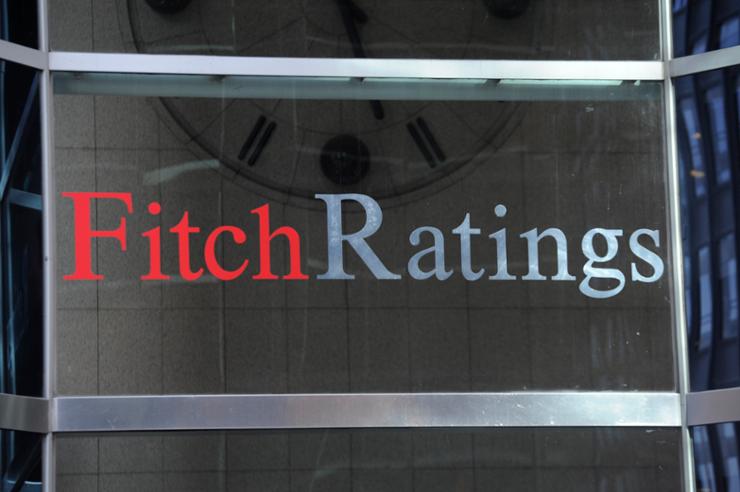South Korea Revises Capital Rules to Ease Burden on Insurers – Fitch Ratings

Seoul – South Korea’s insurance sector is set to experience a shift in capital regulations as the Financial Supervisory Service (FSS) introduces new capital requirements aimed at reducing the financial burden on insurers while improving capital flexibility and quality.
Under the revised framework, the capital adequacy benchmark will be lowered from the current 150% to a range between 130% and 140% in the first half of 2025. This adjustment under the Korean Insurance Capital Standard (K-ICS) is expected to ease compliance pressures and limit excessive reliance on capital security issuance, which regulators view as a potential threat to financial stability.
The revised capital requirements will impact insurers’ financial strategies, particularly in areas such as mergers and acquisitions, licensing, and capital security redemption conditions. While providing relief on capital adequacy thresholds, the reforms will also introduce a core capital ratio requirement to strengthen the quality of capital held by insurers. This includes measures ensuring a solid base of paid-in capital and retained earnings to absorb financial shocks during market volatility.
The move is designed to strike a balance between easing regulatory pressures and maintaining financial soundness. Although the immediate impact may be limited, the long-term effect is expected to drive insurers toward more sustainable financial strategies, optimizing capital efficiency while mitigating potential risks.
Market experts believe that a stringent core capital requirement could elevate capital costs for insurers, as equity capital is generally more expensive than other instruments like subordinated debt. However, the regulator is not expected to impose an excessively high threshold, allowing insurers some flexibility in managing capital composition. – Fitch Ratings
